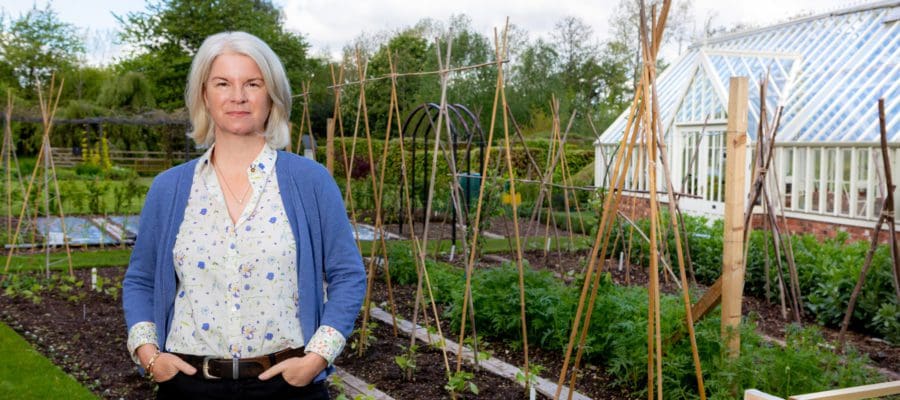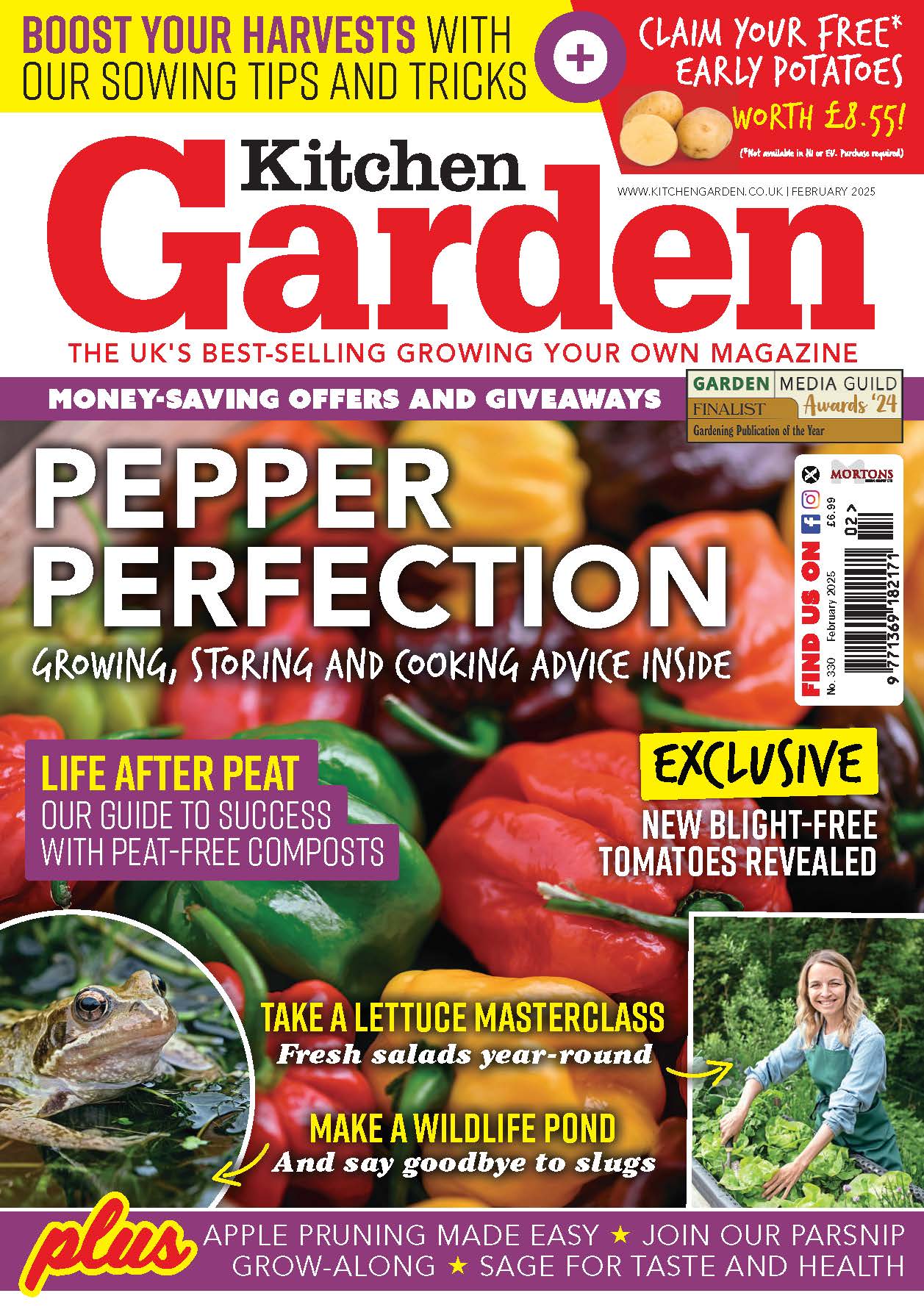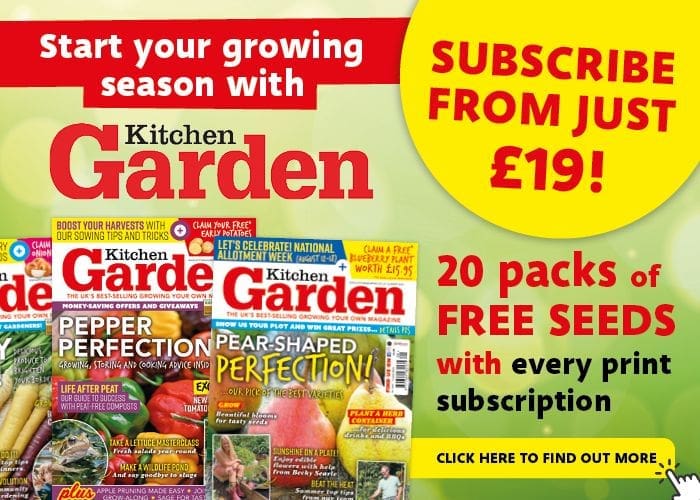There’s been a step forward in Garden Organic’s long running campaign against the use of peat in gardening with the announcement that DEFRA will ban the sale of peat to amateur gardeners by 2024.
But the charity, which is dedicated to researching and promoting organic growing, is warning that this is still too little too late and is urging the government to speedily extend the ban to the professional sector too.
Garden Organic has been calling for a ban on the sale of horticultural peat, via its For Peat’s Sake campaign, for many years to protect precious peatlands. And has been setting out practical suggestions on how to garden without peat.
Fiona Taylor, Chief Executive of Garden Organic (main picture), said: “More than 95% of respondents in the Government consultation favoured a full retail ban – and this sends a clear message to decision-makers and the industry that change is long overdue.
“We would urge gardeners not to wait until 2024, but to go peat-free now – and call on DEFRA to agree a date for a complete ban in the professional sector as early as possible. Continued peat use will only add to the catastrophic destruction of our peatlands.
“Peat bogs are a hugely important defence against climate change as they are the most efficient land-based store of carbon. Destroying them releases disastrous amounts of carbon dioxide into the atmosphere, having the opposite effect. Removing peat from professional horticulture as well as domestic use is absolutely vital for protecting our planet.”
Garden Organic says peat-free plants are becoming more easily available, and that there are good alternatives to peat-based composts. However, they do need to be handled differently.
Five tips for gardeners wanting to go peat free
At Garden Organic, we’ve successfully grown in peat-free for decades, including raising all seeds for the Heritage Seed Library. Here’s our advice for improving your soil, and buying and using peat-free compost in your own garden…
- Avoid buying-in where possible: Making your own compost mixes instead of buying bagged products is the most sustainable way to garden. Fallen leaves rotted down into leafmould, kitchen and garden waste converted into home compost, garden soil and sand are the basic ingredients to create your own seed sowing and potting on growing medium and soil improver. See here for recipes www.forpeatssake.org.uk/peat-free-growing.
- Shop around: Different brands have different ingredients so find what works best for you and your garden and location. The term ‘compost’ is also used to cover a number of different products from seed compost to container gardening, so pick the right bag for the job so you don’t waste precious money and resources. See www.forpeatssake.org.uk/about-compost for more information. We recommend spending as much as you can on shop-bought compost – you get what you pay for.
- Only buy what you need: Peat free compost is more sensitive to storage conditions so has a shorter shelf life. Avoid faded bags which might be last year’s stock (most bags have a bagging date at the base), and don’t leave bags out in the rain or extreme heat as this can change nutrient composition and quality over time.
- Water carefully: Because of their high coir and woodchip content, some peat-free mixes tend to dry out more easily. They also have a coarse texture, which can appear dry on the surface but still damp further down. Check by putting your finger in the soil to see if it’s dry all the way through, or getting a feel for the weight of your pots when they’re wet. Avoid run off by letting water absorb a little before you water again, or sit pots in trays to allow moisture to be drawn from below.
- Feeding: All bagged composts have CRFs (controlled release fertilisers) included that will feed the plant over a period of just a few weeks. Peat-based composts claim to feed for up to six weeks, while most peat-free composts provide fertiliser up to four weeks. If you observe your plants on a regular basis, you will know if they need extra feeding. Use liquid feeds, such as homemade comfrey tea (find out more https://www.gardenorganic.org.uk/comfrey). With more mature plants, we recommend adding some homemade compost into the mix. It helps with structure and provides slow-release nutrients over a period of months.
For more information, including a free online course, and to support Garden Organic’s campaign visit www.forpeatssake.org.uk





